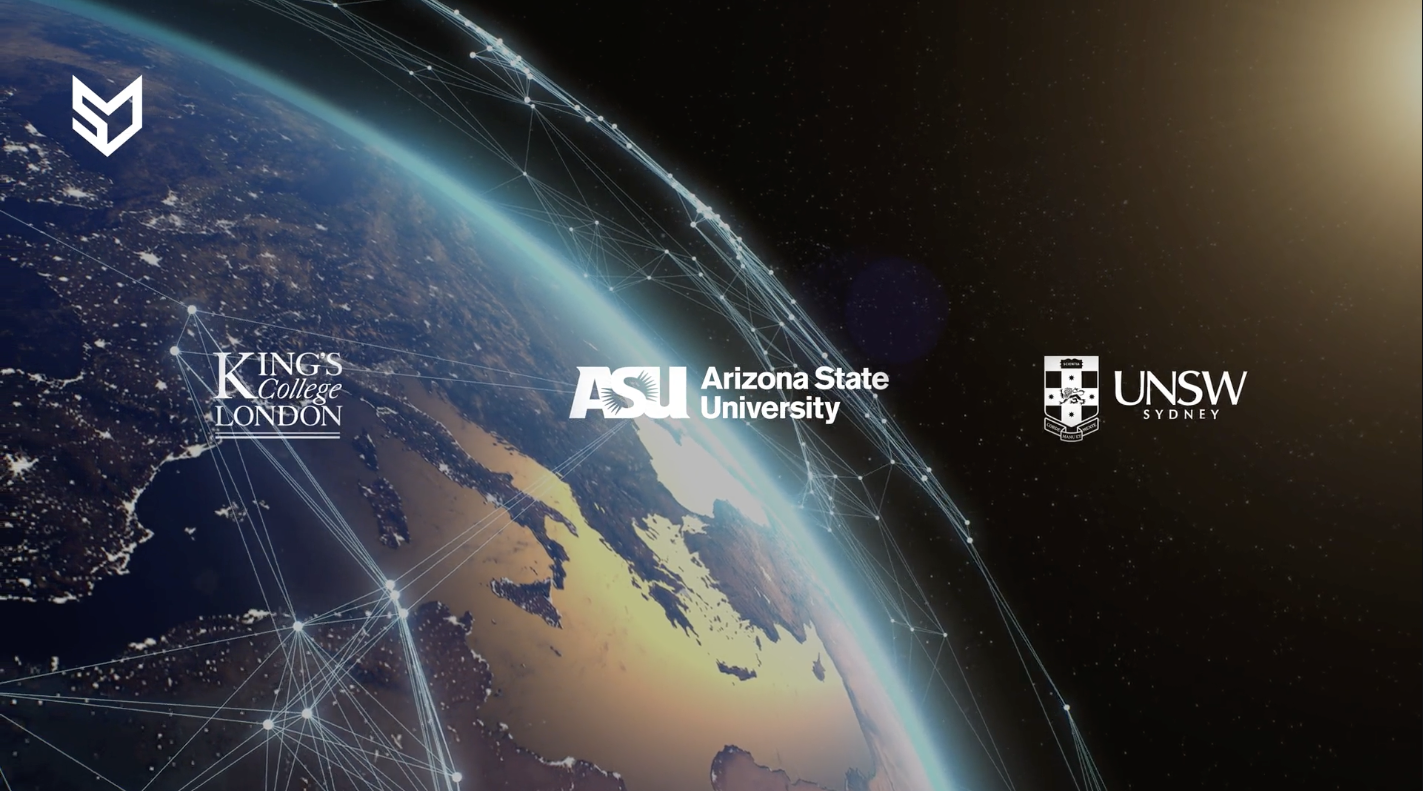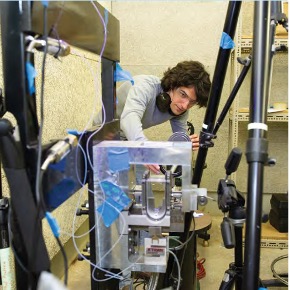A three-way teaching and research alliance between the University of NSW, King’s College London and Arizona State University could eventually deliver jointly badged degrees to students who have been able to mix and match subjects and modes of delivery.
UNSW vice-chancellor Ian Jacobs said the PLuS Alliance, due to be announced in London next Tuesday, hoped to tap into the almost limitless demand for quality higher education from around the world using the expertise in online learning developed by ASU.
“Initially there will be online offerings that will become increasingly fee paying, and that will eventually lead to full degrees. Ideally, I’d like to see degrees offered by the alliance. But that will take time,” Professor Jacobs said, adding he hoped to see the first courses online by midyear. The alliance is aiming to have 50 programs on offer in the coming years.
“The world of higher education is changing so much that, internationally, individual students should be able to design their own degree,” Professor Jacobs said. “If you are a student in India, do your parents really want you to go away for three to five years to Sydney or London? I don’t think they do. And I don’t think you need to do that to get an experience of a Western university and Western culture.
“Under the alliance, maybe they could do six months in Sydney, go back home and do a year online, and then go for a year in London or Phoenix. This is what this alliance could achieve if we get it right.”
Under president Michael Crow, ASU has become a leader in online teaching and in creating innovative partnerships, including tuition-free enrolment for Starbucks employees.
Professor Crow told the HES counting student enrolments would not be a suitable measure of success.
“The number of students who engage is not the right way to measure the success of this endeavour at this stage,” he said. “If we open new pathways to education and help solve major societal problems, then we are successful.”
Professor Jacobs said the alliance will also include a research component with 20 PLuS fellows from each institution, who will be given an additional $10,000 each for costs such as travel.
The fellows will work on big global challenges such as climate change, water security, sustainability and global health.


